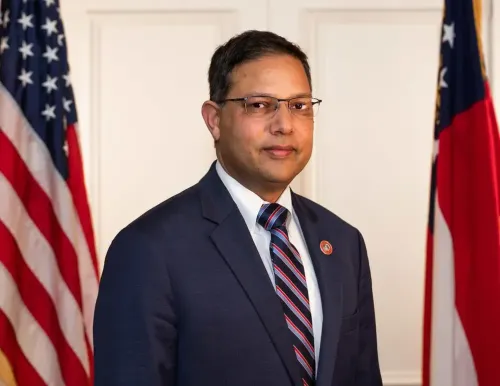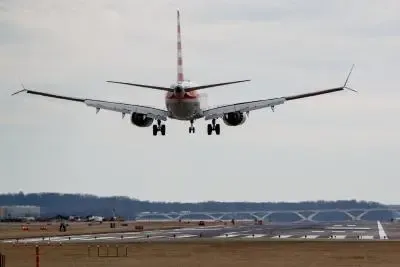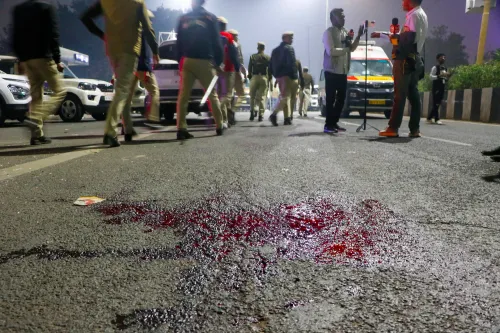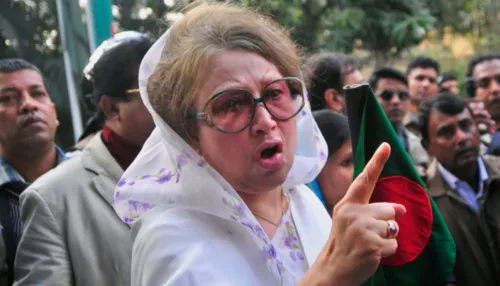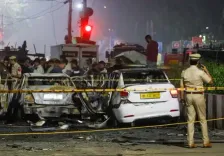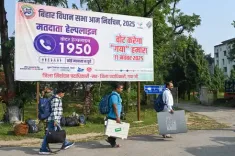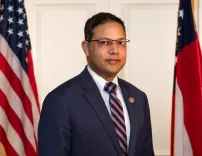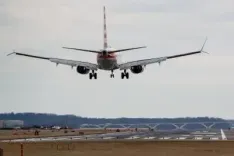Is 'Operation Sindoor' a Global Service Against Terrorism?
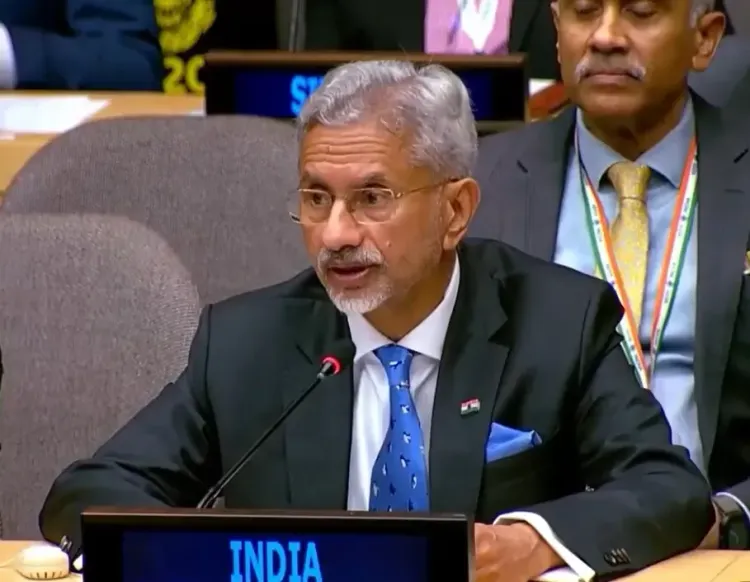
Synopsis
Key Takeaways
- Operation Sindoor is a critical military initiative by India against terrorism.
- EAM Jaishankar emphasizes the global impact of terrorism on development.
- Double standards in sanctions were critiqued for affecting nations disproportionately.
- Reform of multilateral institutions is essential to meet current global challenges.
- Peace and development are interconnected and must be prioritized together.
United Nations, Sep 25 (NationPress) During the G20 Foreign Ministers meeting on Thursday, External Affairs Minister (EAM) S. Jaishankar made a compelling argument for 'Operation Sindoor', emphasizing that those who combat terrorism are providing a vital service to the global community.
He characterized terrorism as a significant threat to both development and peace, stating, "Considering the extensive networks among terrorists, those who counteract their efforts in any capacity actually contribute a broader service to the global community as a whole."
Although he refrained from explicitly mentioning Operation Sindoor, which was conducted by India against terrorist bases within Pakistan earlier this year, his focus was unmistakable.
"A continuous threat to development is the ever-present disruptor of peace, terrorism," he remarked.
"It is crucial that the world exhibits neither tolerance nor lenience towards terrorist activities."
India held the G20 presidency last year, representing major industrialized and emerging economies, and has since transferred leadership to South Africa.
EAM Jaishankar criticized the inconsistent application of sanctions on nations purportedly aimed at pressuring Russia to conclude the Ukraine conflict, although he did not specifically name the US, which imposed punitive tariffs on India for acquiring Russian oil.
He highlighted that due to these sanctions and restrictions, "in addition to jeopardizing supplies and logistics, access and costs themselves have become pressure points for nations."
"Double standards are evident," he asserted.
"Threatening development cannot foster peace, and making energy and other essentials more uncertain in an already fragile economic situation benefits no one," he stated.
Without naming specific nations, EAM Jaishankar proposed leveraging those who can connect both sides in conflicts to achieve peace.
"In any conflict scenario, there will be individuals capable of engaging both parties," he noted.
"Such nations can be utilized by the global community to not only reach peace but to sustain it thereafter."
"Therefore, as we strive to address complex threats to peace, it is important to acknowledge the value of engaging those who support such objectives," EAM Jaishankar concluded.
Prime Minister Narendra Modi has been in discussions with both Presidents, Vladimir Putin of Russia and Volodymyr Zelensky of Ukraine, advocating for a peaceful resolution to the conflict, stating it is not the "time for war."
"The focus is on the relationship between peace and development, both of which have deteriorated simultaneously, impacting especially the Global South due to rising prices of energy, food, and fertilizers," EAM Jaishankar remarked.
"This was starkly illustrated by ongoing conflicts, particularly in Ukraine and Gaza," he added.
EAM Jaishankar emphasized the necessity of reforming the multilateral framework, as institutions like the UN have demonstrated their limitations in addressing economic pressures and terrorism.
UN Secretary-General Antonio Guterres called for rebuilding trust in international cooperation.
"Let us unite to reaffirm peace as the most reliable path to sustainable economic development, and multilateralism as the foundation for a safer, fairer future for all," he stated.

